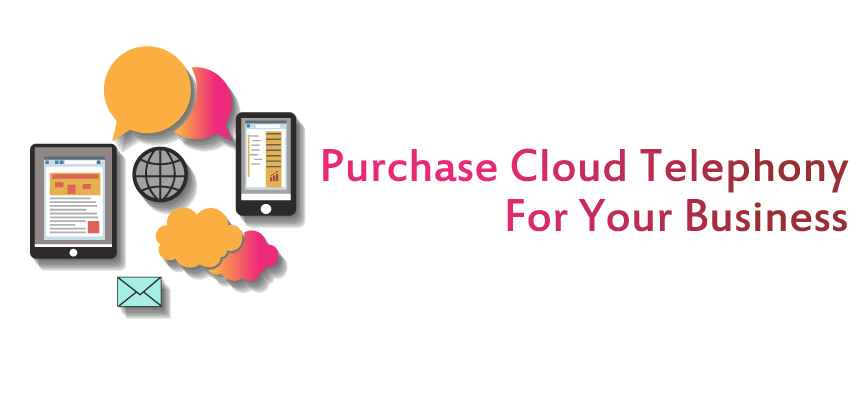
Nonetheless, we have many communication mediums in the market today, such as video conferencing, live chat, email, and instant messaging. The aim of all these is easier communication for businesses.
Further, these mediums have enhanced the speed of conversations. However, the most favorite means of communication for businesses is a phone call due to its ease of access and use. Also, a phone system is key to the operations of any company in stock-broking. Even so, most companies are still using their old phone systems. They feel the effect of this system whenever the system fails, calls get missed, and deals get lost.
Do you want good quality voice calls? Do check out the Voice API.
Are you planning to purchase cloud telephone for your business? If so, here are the five must-ask questions when buying cloud telephony for your business:
1. How easier is the setup and management of this phone system?
Setting up and managing any phone system should be easier. However, achieving this is not easier when using on-premise solutions or EPABX systems.
Further, it is only a professional who can do the setup, the equipment itself is costly, and it uses a lot of office space. Besides that, the maintenance costs are high, and professional support is also required.

On the contrary, cloud-based phone systems make your communication cheaper and effective. Because the whole system is on the cloud, you do not incur space, maintenance, and management costs. Also, the system is simple, as you can sign-up, leave office, and get back while it is still working.
This feature is essential where time is of great significance. For example, the SEBI order that commands phone recording for stockbrokers from the start of the year is easier to achieve using cloud telephony. But, this is impossible when using an on-premise solution.
Moreover, paying as you go, adding users, adding IVR greetings, and editing call flow without professional assistance is another significant benefit.
2. Does the cloud telephony system have any hidden costs?
A traditional phone system comes with hidden costs like connectivity, replacement, maintenance, and installation costs.
On the contrary, a cloud phone system does not have these costs because the service provider handles all these free of charge. Also, you do not incur expenses on infrastructure. Only usage cost.
3. Is the cloud telephony system reliable?
Among the features that each business is concerned about is reliability. Due to its two building blocks, cloud telephony has unique challenges. The two building blocks are the internet and telephony. In India, phone and internet lines are unreliable. But, some great service providers are always innovating to enhance your experience.
Usually, cloud service providers create backups for each phone and internet service provider, thus making sure when one is down, then other remains active. Nonetheless, an on-premise solution cannot promise the sophistication level. Old phone systems take hours or days to resolve in case of downtime. In turn, your customers get angry due to missed calls, while some leave your business for another.
4. What are the features of the cloud telephony system?
In case you forget asking the other questions, you should not forget this one. It is essential for checking if your business requirements are in line with the features the system has.
But, it is worth noting that an on-premise system comprises of limited features. Among them are lack of recording option, robust scaling, longer activation times, and restriction to the desk. On the other hand, you need less than 30minutes to start making calls using cloud telephony.
Moreover, employees can receive calls wherever they are, and the warm IVR greeting makes your customers feel appreciated. Support is unlimited, while scaling is easier and automatic. Also, cloud telephony provides 24/7 call recording.
Producing reports and insights using traditional phone systems is very tedious. On the contrary, cloud telephony provides a detailed daily report which has information on call quality, call productivity, and call patterns.
Among the features to look for in any cloud telephony software include:
- Daily reporting that is easier to understand.
- Call recording.
- Addition of unlimited agents.
- IVR greeting.
- APIs that are well documented.
- Many-level IVR.
- Easier call flow builder that does not need coding.
5. Is the cloud telephony system secure?
When entrusting a third party with customer information, your primary concern should be security. However, cloud telephony is far much better in regards to safety compared to traditional phone systems.
Your data get stored in safe data centers that are hosted on cloud servers that provide great features, such as secure access and encrypted data storage among others. Besides that, you can retrieve your data whenever you want.
Summary
Whenever you are choosing between cloud telephony systems, you should first know your specific needs, as well as business regulations. Also, make a comparison of the best methods and then select a system that lets you choose, install, and started without performance issues. Indeed, using cloud telephony for business is the best, as traditional phone systems come with many complexities.
